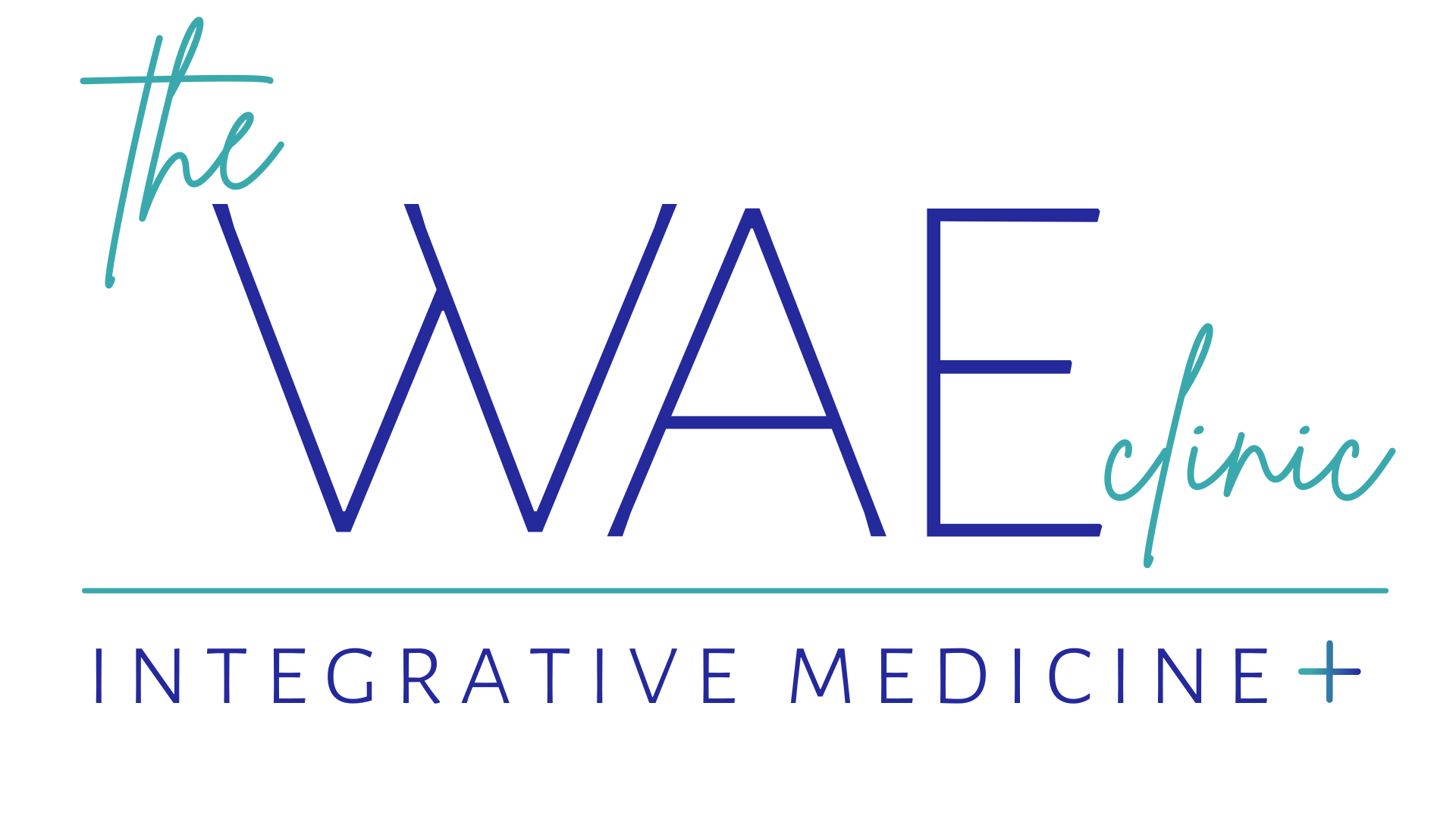9 Toxic Emotions That Harm Your Health
Are you on a quest for true, lasting health? Have you tried all the supplements, the diets, and detoxes—only to find yourself stuck in the same cycle? You’re not alone.
While nutrition and physical protocols matter, one of the most overlooked keys to health is emotional wellness. Toxic emotions like guilt, shame, anger, and anxiety aren’t just fleeting moods—they are stored energy that can build up in the body, creating dysfunction over time. Functional medicine teaches us that these internal “emotional toxins” are just as real and impactful as environmental toxins.
As Dr. Stephen Cabral and Karol K. Truman explain, healing is incomplete unless we address both the physical and emotional burden the body carries.
Signs and Symptoms
In my own health journey, I faced mast cell activation, early signs of Crohn’s, severe asthma, allergies, sinusitis, and Achalasia Type III. I was ready for something different then going from doctor to doctor. I was ready for a different approach. That's where functional medicine came in. I started learning how to eat right, think right, move right and take my supplements—each carefully chosen—but despite this effort, I knew something was missing and I knew my healing needed more. Why? Because like many of us, I had I buried emotions from a childhood shaped by abandonment and unspoken pain. I wore a smile, but beneath it was suppressed anger, fear, and sadness, that carried into my adult life.
Signs of emotional toxicity often look like
-
Chronic inflammation, allergies, or digestive disorders (like Crohn’s or mast cell activation)
-
Fatigue or "wired but tired" energy patterns
-
Asthma or respiratory issues
-
Emotional instability—quick to anger, prone to sadness or anxiety
-
Difficulty sleeping or regulating mood
-
Patterns of self-sabotage, people-pleasing, or emotional shutdown
Root Cause
So what causes this emotional burden? Often, it's unresolved trauma, limiting beliefs, and emotional suppression that began early in life. When we internalize these feelings, they don’t disappear—they go underground, into the body’s tissues and nervous system.
In fact, emotions don’t just linger in the mind—they find homes in our organs:
-
Anger is often stored in the liver, affecting detoxification and hormonal balance.
-
Anxiety and grief tend to live in the chest and lungs, impacting breath, heart rate, and immunity.
-
Perfectionism and suppression of voice, especially in those with autoimmune thyroid conditions, may stem from unspoken truths, fear of judgment, and unresolved sadness or fear.
-
Fear can settle in the kidneys, while worry often targets the spleen and stomach, impairing digestion.
Dr. Cabral’s Detox Your Life points to nine toxic emotions that frequently underlie chronic illness:
-
Bitterness – signals unhealed judgment
-
Resentment – shows attachment to the past
-
Discomfort – invites change and awareness
-
Anger – indicates passion and violated boundaries
-
Disappointment – reveals hope and persistence
-
Guilt – suggests you're living under others' expectations
-
Shame – disconnects you from your authentic self
-
Anxiety – keeps you in fear of the future or regrets of the past
-
Sadness – expresses your deep care and compassion
These emotions are not wrong. They’re messengers—and when ignored, they can become toxic.
How a Functional Medicine Practitioner Diagnoses
Functional medicine views health as a dynamic interplay between physical, emotional, and spiritual elements. Practitioners often integrate the following strategies:
-
Emotional Timeline Mapping – Linking symptom onset to emotional life events
-
Somatic Therapy and Journaling – Creating awareness and expression of stored emotions
-
Supplementation and Adaptogens – Supporting adrenal and nervous system function
-
Breathwork and Meditation – Activating parasympathetic healing responses
I couldn’t have made progress without a coach and a support team. Healing isn’t about doing it all alone—it’s about being willing to look inward and process what’s been stuck inside for years.
Conclusion
Healing is not just physical—it’s emotional and spiritual. Detoxing your emotions is just as vital as detoxing your liver or gut. If you feel like you’ve done everything and still aren’t seeing results, it might be time to look within.
As Dr. Emoto’s research shows, even water responds to the frequency of our thoughts and emotions. So does your body.
Your feelings matter. Your story matters. And your healing is possible.
💬 “If I can do this work, so can you—if you want to.” "You are worth the work it takes to heal."
If you are ready to take the next step, learn more and work with an awesome team, book a discovery call today.
This content has been generated with the assistance of ChatGPT, an AI language model. While every effort has been made to ensure originality and accuracy, the content may inadvertently include or resemble information from other sources. This is not intentional and we encourage users to conduct their own verification if specific details are critical for their purposes. The use of this AI-generated content is for informational purposes only and should not be considered as a substitute for professional medical advice and is not intended to diagnose or treat.
Disclaimer: The information provided in this article is for educational purposes only and is not intended as medical advice. The supplements mentioned are not intended to diagnose, treat, cure, or prevent any disease. Please consult a healthcare provider before starting any new supplement regimen."

